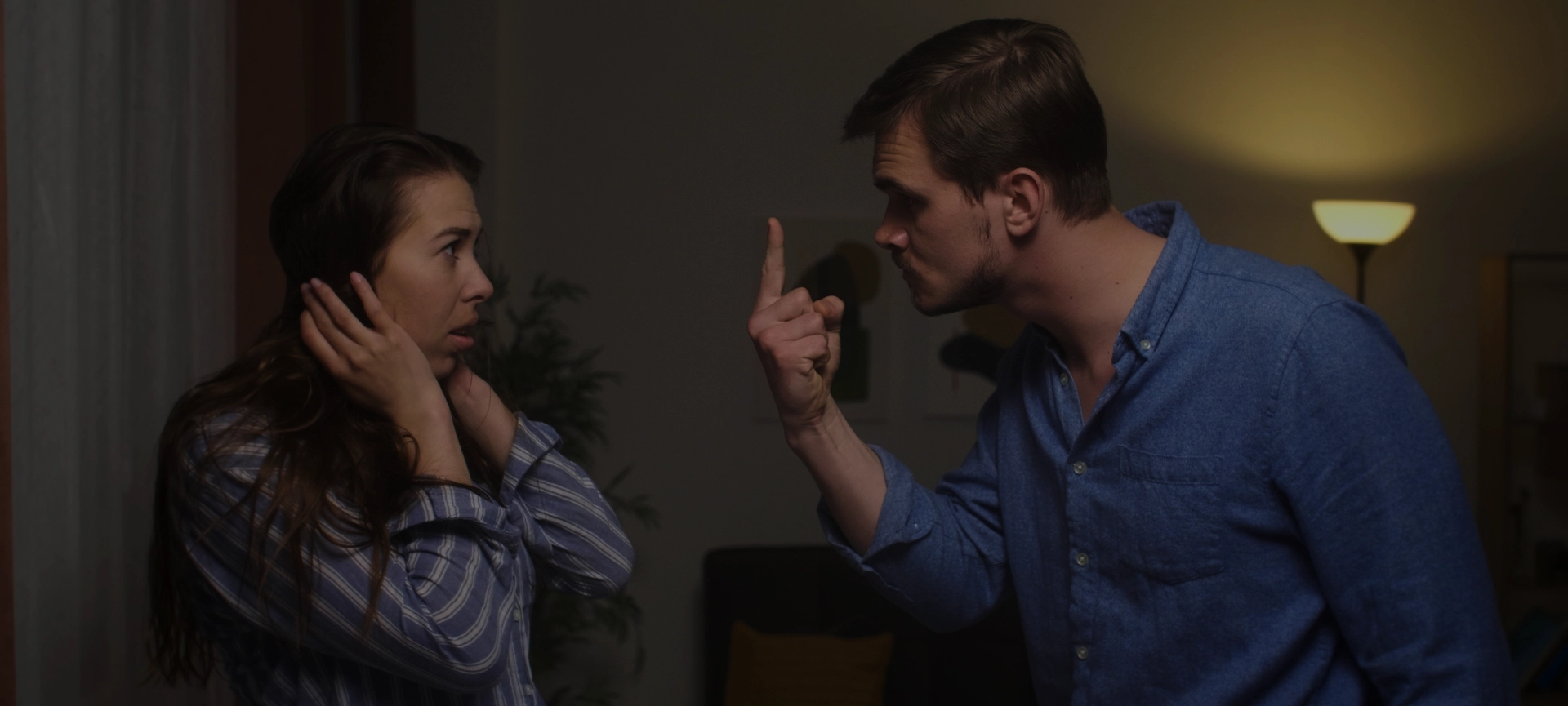In a win for women’s advocates, the Senate has amended the government’s contentious sexual assault law reform package to remove unconsciousness as a specified indicator of incapacity to consent, but has retained an expansion of the rape shield that the defence bar and civil libertarians contend imposes “reverse disclosure” on people accused of sex crimes.
On Oct. 30 the upper chamber passed Bill C-51 mostly as it was previously approved by the House of Commons — and notably without dropping the provisions that critics say will violate the accused’s Charter rights to silence and to make full answer and defence.
[…]
At third reading debate before Bill C-51 was passed on Oct. 30, Sen. Serge Joyal, the committee’s chair, supported Pate’s amendment. But he also warned that the reverse disclosure provisions, which cover communications between the complainant and the accused, are destined for what may well be a successful Charter challenge.
“The scope of the reverse disclosure obligation is very wide and is not qualified,” noted Joyal, a constitutional expert, who pointed out this includes defence use of “any communication made for a sexual purpose or whose content is of a sexual nature — with no time limit.”
“In other words,” he told the Senate, “you would have to disclose in a procedure within the trial … any communication that an accused might have had, in the past, of any nature, with the complainant,” Joyal said. “That, in my opinion, stated in that wide scope, challenges the protection that is afforded to a fair trial and the right to silence.”
Joyal alluded to the serious constitutional concerns raised by the Canadian Bar Association, the Canadian Civil Liberties Association, the Criminal Lawyers’ Association (Ontario) and many defence counsel, including Ottawa criminal lawyer Michael Spratt, whom Joyal specifically thanked.
Read Cristin Schmitz full article: Lawyer’s Daily



